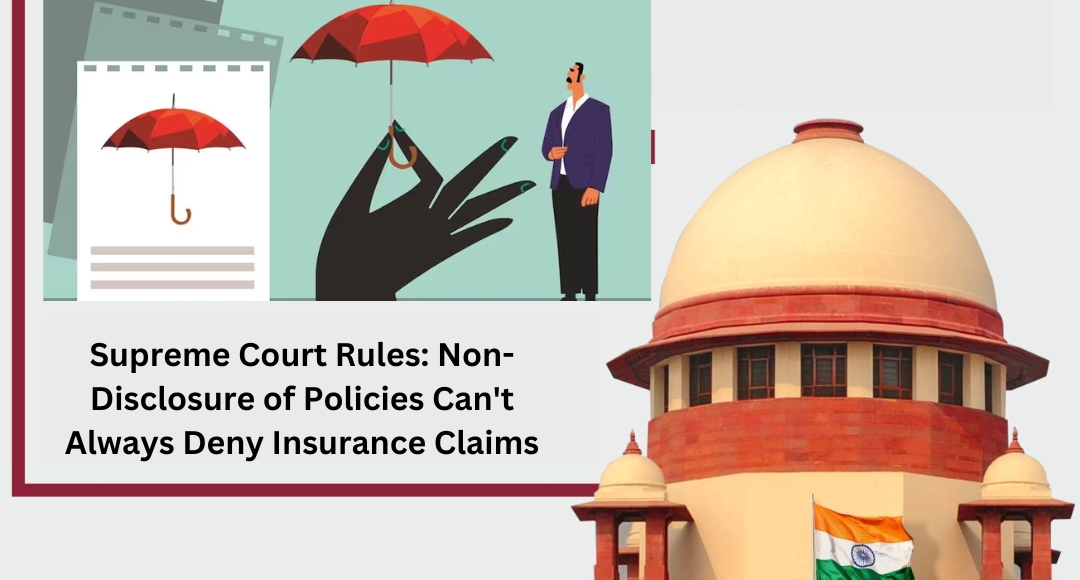Hello friends, What if your loved one’s insurance policy claim is rejected only because he did not provide information about other insurance policies? It is natural to get scared and worried after hearing this. But recently, the Supreme Court gave an important decision, which has brought relief to millions of policyholders. Let’s understand this decision in simple language.
Transparency is important in insurance

Insurance is a contract of trust, where the policyholder has to give all the necessary information to the insurance company. If any important information is hidden, the insurance company can reject the claim. But not every information needs to be important. The Supreme Court said that it will be seen on a case-by-case basis to decide whether any information is important or not.
What was the matter?
In this case, the appellant’s father had taken an insurance policy of Rs 25 lakh from Exide Life Insurance. After his death, when the son went to claim the insurance, the company rejected the claim saying that his father had not given information about other insurance policies. He had told only about the policy of Aviva Life Insurance but had hidden the information of other smaller policies. When the case was rejected by the State and National Consumer Commission, the appellant approached the Supreme Court.
Big decision of the Supreme Court
The Supreme Court found that the total value of the policies whose information was hidden was only Rs 2.3 lakh, while the disclosed policy was worth Rs 40 lakh. The court said that this was not such big information that it would have made any difference to the insurance company in its decision to give the policy.
The court said in its decision

“When the insurance company already had information about a big policy, hiding the information about smaller policies did not make much difference. The insurance company had already seen that the policyholders could pay the premium. In such a situation, rejecting the claim is unfair.”
Relief news for the policyholders
The Supreme Court ordered the insurance company to pay the entire insurance amount to the appellant with 9% annual interest. This decision is a relief for millions of people whose claims are rejected due to minor details. This decision reminds insurance companies that not every non-disclosure can be considered fraud. If the policyholder has already given the details of the major insurance policy and the rest of the information is not of much importance, then the insurance company cannot reject the claim.
Disclaimer: This article is written for informational purposes only. Before making any decision related to insurance, consult the concerned expert or insurance agent.
Also Read:
Supreme Court Slams Overpriced Lawyers: Justice Must Be Accessible to All






